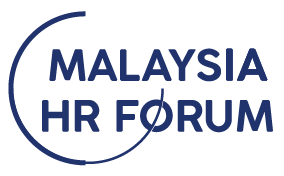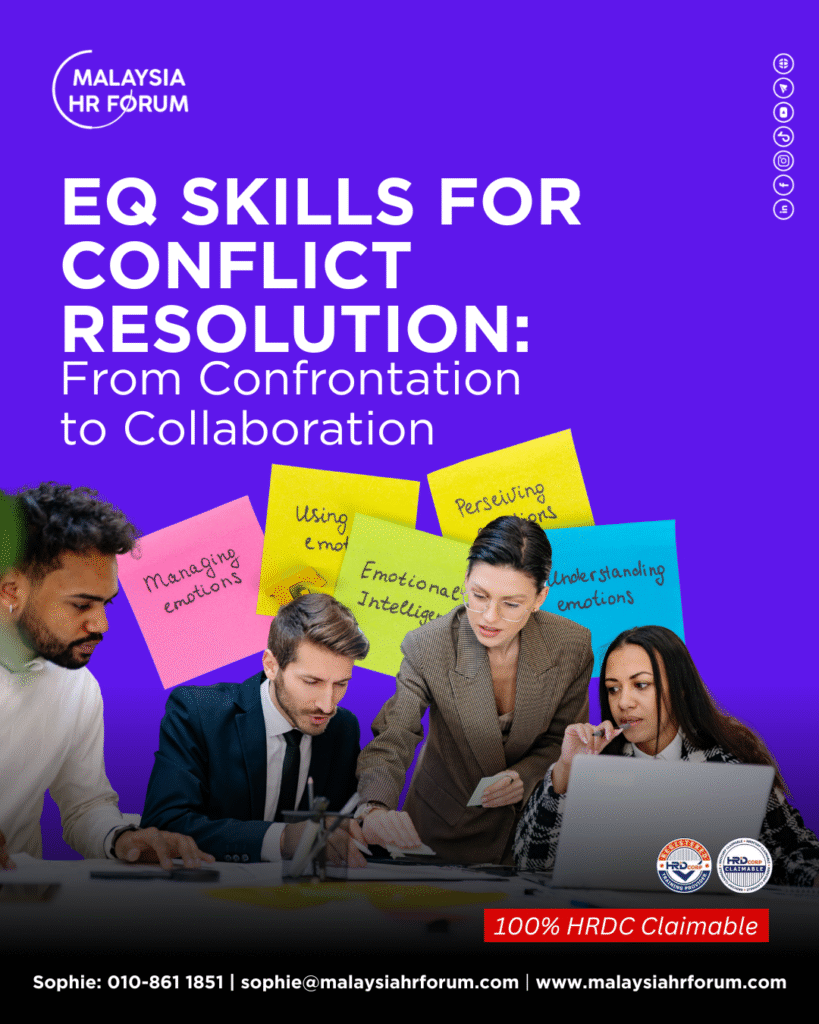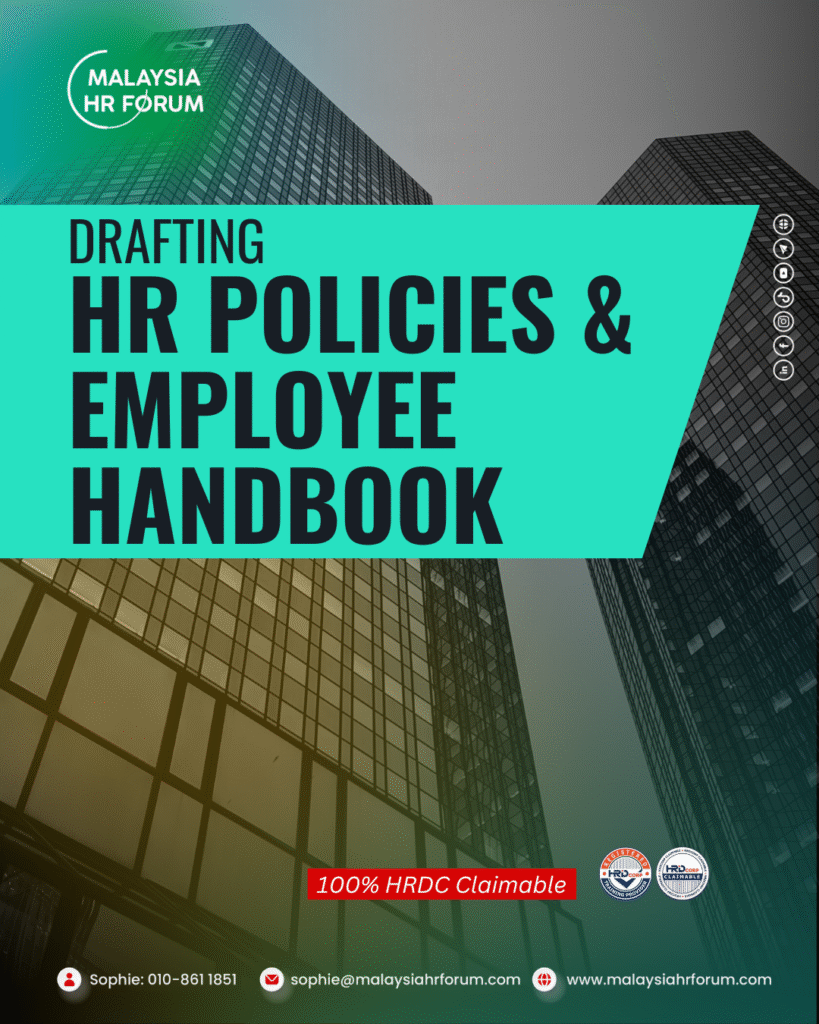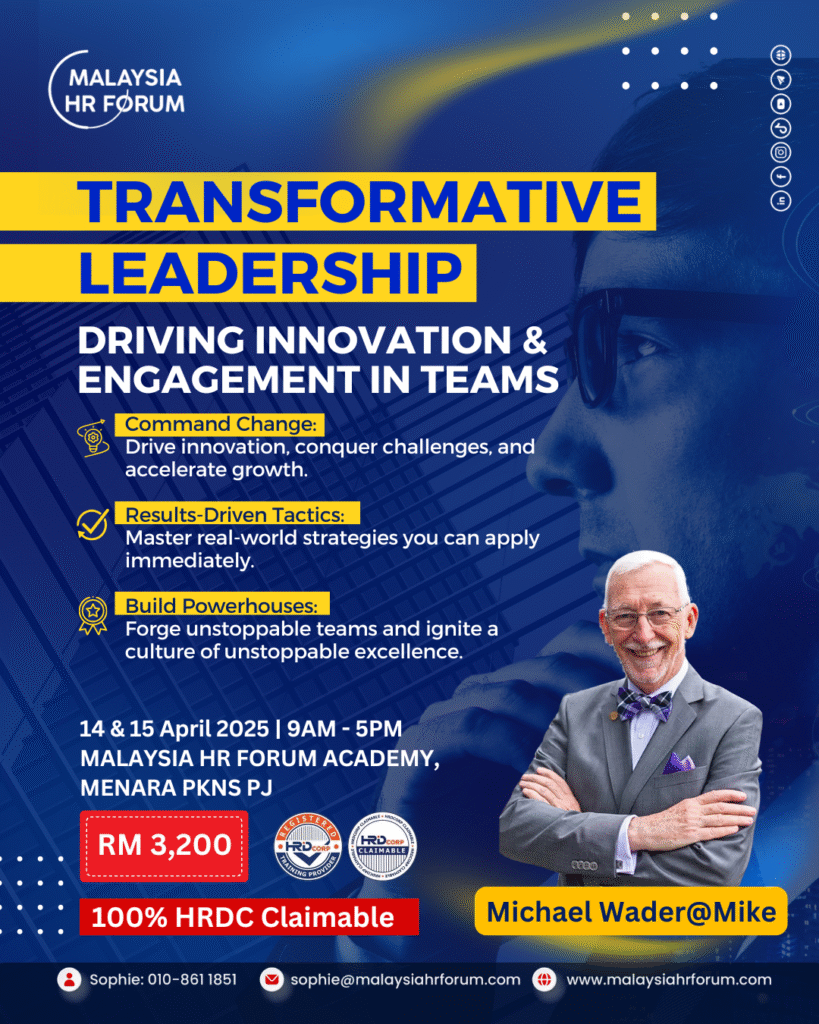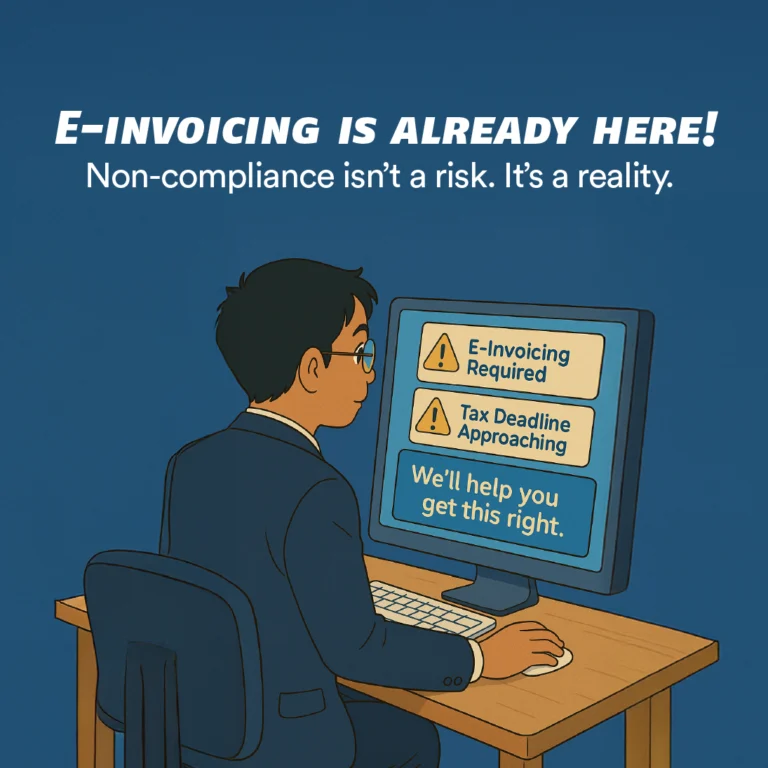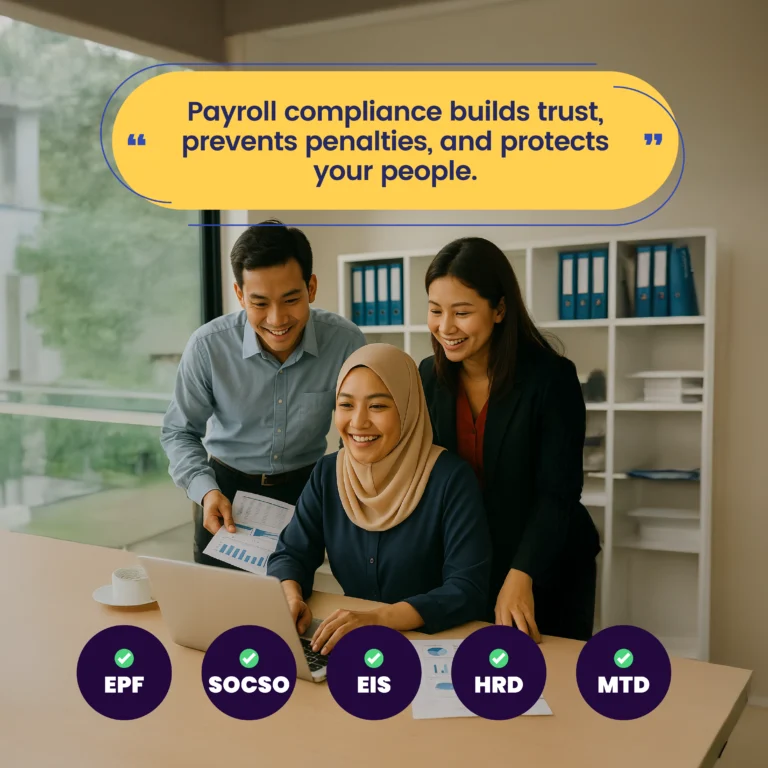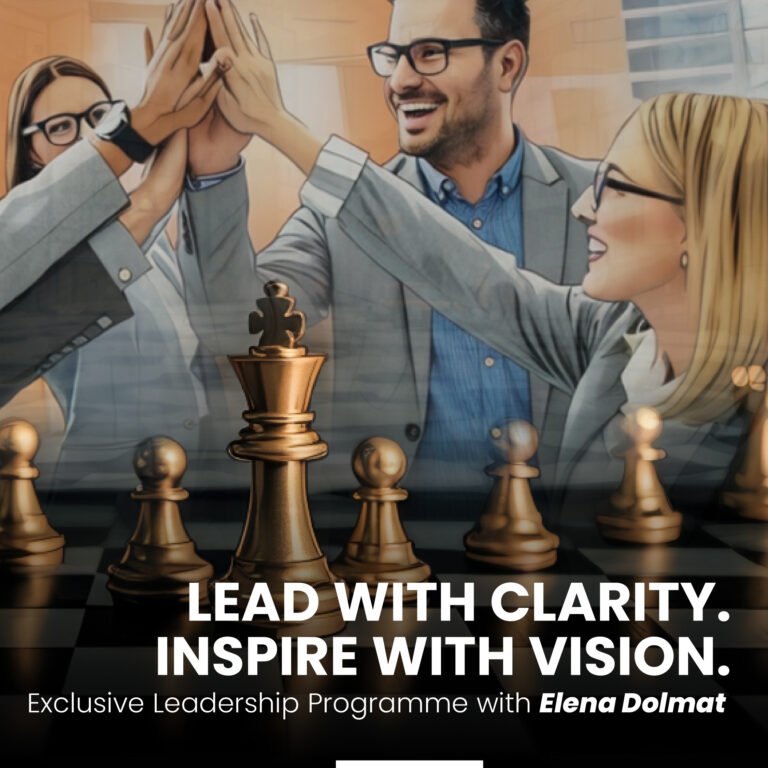Discover how Malaysian HR professionals can build trust, ensure inclusion, and prevent discrimination with proven, proactive practices.
Understanding the HR Role in Workplace Discrimination in Malaysia
In a multicultural country like Malaysia, inclusion in the workplace isn’t just ideal—it’s essential. Yet, despite public messaging that celebrates diversity, the reality on the ground often reveals persistent microaggressions, systemic biases, and unequal treatment. This is where the HR role in workplace discrimination in Malaysia becomes crucial. HR professionals are not just policy enforcers—they are the driving force behind creating safe, fair, and inclusive work environments.
Let’s explore how HR can create safe spaces and serve as a powerful force against workplace discrimination in Malaysia’s vibrant yet complex cultural landscape.
Why Safe Spaces Are Essential in Malaysian Workplaces
A “safe space” doesn’t mean avoiding conflict. Rather, it encourages healthy dialogue, open feedback, and mutual respect.
In Malaysia, a truly safe workplace must consider:
- Ethnic and religious sensitivities
- Language and cultural traditions
- Gender identity and expression
- Age-based or hierarchical dynamics
It means employees should be free to voice concerns without fear of ridicule, retaliation, or rejection. It also means celebrating differences without reinforcing stereotypes.
Real Cases That Highlight the HR Role in Workplace Discrimination
Unfortunately, discrimination still happens even in reputable companies.
Case in point:
A retail chain in Johor, was found denying Muslim staff prayer breaks. Simultaneously, older employees were consistently passed over for promotions.
Another experiment revealed name-based hiring discrimination. Chinese named applicants received significantly more callbacks than equally qualified Malay-named candidates.
These aren’t isolated incidents. They’re red flags of an underlying issue. And they’re precisely why proactive HR engagement is essential.
7 Ways HR Can Tackle Workplace Discrimination in Malaysia
So, how does HR move beyond lip service and bring actual change? Here are seven proven strategies that HR professionals in Malaysia can use to create safe and inclusive workplaces:
1. Implement Clear, Actionable Anti-Discrimination Policies
HR should craft and enforce strong policies that:
- Define unacceptable behaviour explicitly
- Cover race, religion, gender, and age
- Apply to all employees from interns to CEOs
These policies must be:
- Accessible in handbooks and intranets
- Reviewed regularly
- Part of onboarding sessions and leadership training
2. Create Confidential, Anonymous Reporting Channels
Most discrimination goes unreported because victims fear backlash.
Solution? Set up secure, anonymous platformsdigital or physical where employees can speak up without fear.
HR must also follow up with transparency, protect whistleblowers, and ensure neutral third-party investigations when needed.
3. Train Staff on Unconscious Bias and Cultural Sensitivity
Workshops aren’t a one-time fix they’re part of ongoing learning.
HR can:
- Host monthly webinars or in-person sessions
- Use real-world case studies from Malaysian workplaces
- Encourage self-reflection and peer discussions
Done right, this shifts the mindset from “I don’t see colour” to “I see and respect differences.”
4. Empower Inclusive Leadership from the Top Down
Leaders shape company culture. If managers don’t model inclusion, employees won’t either.
Human Resource role in handling discrimination by coaching leaders to:
- Interrupt microaggressions
- Use inclusive language
- Listen more than they speak
Empathy-driven leadership inspires loyalty and enhances team performance.
5. Leverage IR (Industrial Relations) for Conflict Prevention
Conflict is inevitable in diverse teams. But escalation isn’t.
HR strategies to combat bias in Malaysia, often underused, can:
- Resolve disputes before they explode
- Mediate disagreements fairly
- Ensure consistency in disciplinary actions
Positioning IR as a preventive ally, not a reactive force, transforms how organizations handle tension.
6. Ensure Fairness in Hiring and Promotion Processes
Bias can creep into job descriptions, interview panels, and evaluation systems.
HR must:
- Conduct blind resume screenings
- Diversify hiring committees
- Set objective criteria for promotions
Transparency in criteria builds employee trust and reduces favoritism.
7. Celebrate Diversity Without Tokenism
It’s great to host a Deepavali party or Raya open house. But diversity isn’t just food and festivals.
HR should:
- Acknowledge heritage months and global events
- Feature diverse voices in newsletters and town halls
- Include inclusion metrics in KPIs
Authenticity makes all the difference.
Why Advisory & IR Roles Are Game-Changers in Malaysian HR
Let’s take a closer look.
Many HR teams treat IR and advisory roles as back-office functions—brought in only when issues erupt. But this is shortsighted.
These functions are:
- Frontline tools for cultural mediation
- Legal safety nets ensuring compliance
- Emotional buffers in sensitive employee relations
By involving them early, HR transforms from policy enforcer to inclusive strategist.

We work with you from the beginning, not just when problems happen. Our team helps guide your HR decisions, support your people, and protect your business every step of the way.
We help build trust, manage sensitive situations with care, and keep your workplace legally safe. With us, HR becomes a true partner that people can rely on, Preventing workplace discrimination in Malaysian companies.
Together, we create a workplace that is fair, safe, and built to last.
Building a Culture Where Everyone Thrives
Creating a safe space is not about overprotecting—it’s about unleashing potential.
When employees feel seen and respected, they:
- Speak up with innovative ideas
- Collaborate across departments
- Stay longer and perform better
HR’s job isn’t just paperwork—it’s people-work.
Start with Training. Grow a Strong Team.

Want a team that works better and stays longer?
Start with the right training. Our course, “Designing & Implementing Competency Matrix,” helps HR teams clearly see what skills each role needs, what people can do now, and where they can grow.
It’s simple: when people know what’s expected, they feel ready, speak up, and do great work. This course helps you build that kind of workplace—clear, fair, and strong.
Join now. Help your team grow with purpose.
HR Role in Workplace Discrimination Malaysia
In Malaysia, where diversity is both strength and complexity, HR has a moral and strategic imperative.
The HR role in workplace discrimination Malaysia includes:
- Listening to employees
- Advocating for justice
- Leading with empathy
Safe spaces don’t emerge by accident. They’re designed—by HR.
Frequently Asked Questions
HR sets anti-discrimination policies, provides training, and handles complaints fairly through transparent processes.
Yes, especially in hiring, promotions, and religious accommodations. Proactive HR policies can mitigate this.
IR stands for Industrial Relations. It prevents conflicts and ensures lawful, fair treatment across employee interactions.
By encouraging feedback, protecting whistleblowers, and empowering inclusive leadership.
Anonymous and safe reporting channels build trust, making it more likely for employees to report discrimination.
By modeling inclusive behavior, holding teams accountable, and aligning business goals with DEI efforts.
Inclusion is a journey, not a Checklist
Malaysian workplaces are evolving, and HR is at the heart of that evolution.
By embracing empathy, equity, and accountability, HR professionals can design organizations where every voice matters, every team member thrives, and discrimination becomes history not a headline.
